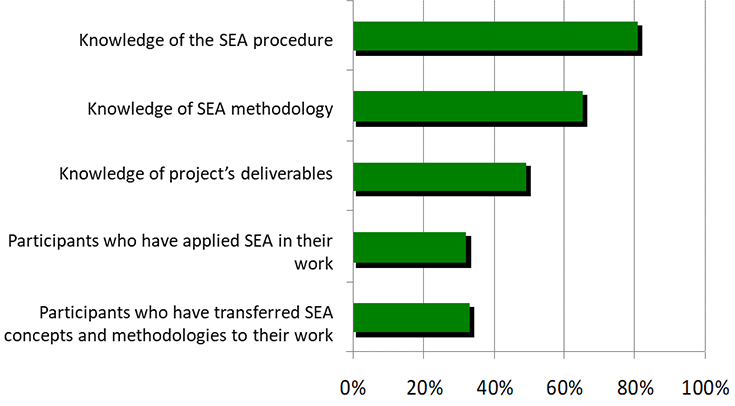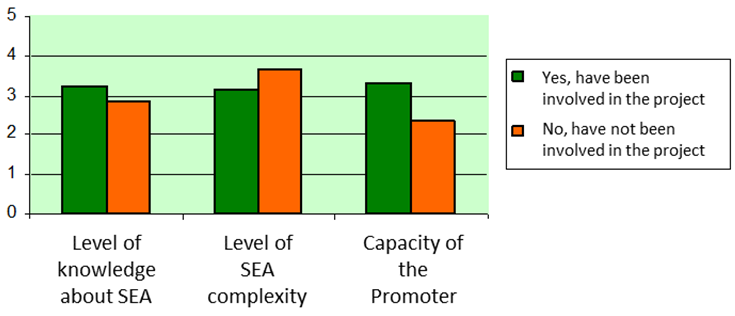Within the Framework Contract "Commission (COM 11) - Lot 1: Studies and Technical assistance in all sectors" (2011-2016), NTU was awarded the project Ex-post evaluation of the project "Support to the Strategic Environmental Assessment in Chile" in 2013.
The Strategic Environmental Assessment (SEA) is a systematic process for evaluating the environmental implications of a proposed policy, plan or programme. It provides means for looking at cumulative effects and appropriately address them at the earliest stage of decision making alongside economic and social considerations. Chile has been advancing the SEA as an instrument for environmental management to elaborate and implement plans and policies. In particular, the “Support to the Strategic Environmental Assessment in Chile” project was implemented to impulse the introduction of the SEA, and therefore, to contribute to the inclusion of the environmental considerations in the strategical decision-making process, linked to the elaboration and impelmetnation of public plans and policies. NTU was in charge of evaluating the extent to which the project achieved its objectives.

Analysis of the questionnaires (extract) - Effect of the project on knowledge and application of the SEA
How we did it
NTU worked comprehensively to assess the implementation of the “Support to the Strategic Environmental Assessment in Chile” project. Although the main objective of this ex-post evaluation was to assess the impact and sustainability of the project, the points considered in the evaluation referred also to the classic evaluation criteria (among which are impact and sustainability): relevance, efficiency, effectiveness, sustainability and impact, with some specific criteria such as added value and coherence. NTU always ensured the quality of the evaluation, using the information the most reliable and hamornised them in order to facilitate their interpretation.
During the first phase, NTU went through a document analysis to review the project information, assessed the strategic and political framework, evaluated the project's rationale as well as defined the questions of evaluation to be used in the next phase.
Then, NTU undertook a field work phase which consisted in a series of meetings and interviews with the relevant stakeholders on-site in order to collect data. More than 35 people were consulted from different institutions during 25 interviews. In order to have a more amplified perspective, a questionnaire has been developed to collect quantitative and qualitative information on project participation, as well as the knowledge, application and particular experience in the project. The questionnaire was distributed to the Unit in charge of the project in addition to the Regional Secretaries of the Ministry of the Environment, the municipalities, the regional governments, etc.
The findings and conclusions of the ex-post evaluation were presented in the debriefing session, and in a comprehensive Final Report.
Impact
This ex-post evaluation provided the different national authorities involved in the project, the interested EU external cooperation services and the public opinion with sufficient information to:
- Globally and independently evaluate the results of the project, with a focus on the impact of the actions carried out with respect to their objectives.
- Evaluate the sustainability of the intervention, taking into account the objectives and expected results, the successive program budgets and their subsequent modifications.
- Draw the main lessons, as well as formulate practical guidelines and recommendations in accordance with the political priorities of the EU and the Republic of Chile that allow improving the quality of future projects (with the EU or other donors in the country) .

Analysis of the questionnaires (extract) - Differences in the knowledge about SEA, complexity and capacity to carry it out by municipalities, depending on their participation in the project (from 1 - very low to 5 - high)
